Symposium Book now
Design with the Living 2019
Join this one-day symposium asking how designing with living organisms can respond to today’s ecological challenges.
What to expect
'You never change things by fighting the existing reality. To change something, build a new model that makes the existing model obsolete.'- Buckminster Fuller
Can designing with living systems be the change we need in the context of today’s current environmental and ecological challenges?
In the context of climate change and mass extinction, this symposium argues that design can be a powerful agent for change in building an alternative sustainable model. When collaborating with living organisms such as algae, mycelium and microbes, designers are exploring new ways to shape and form our material world in ways that are respectful of our planetary boundaries. In this symposium, we are interested in exploring how this area of practice needs to continue to evolve to meet these above challenges.
As the practice of ‘designing with biology expands, this symposium aims to provide a space to pause and critically interrogate the practices of ‘designing with and for living systems’ through the following questions:
• What are the tools, methods and limitations for these design practices?
• How do we observe, understand and interact with living organisms to design alternative materials and systems?
• How do we scale-up academic and grass-roots work in this field to become impactful on a global scale?
• Does working with the living impose a new form of aesthetic?
• What safe-guards, ethics and policies are needed to guide these emerging practices?
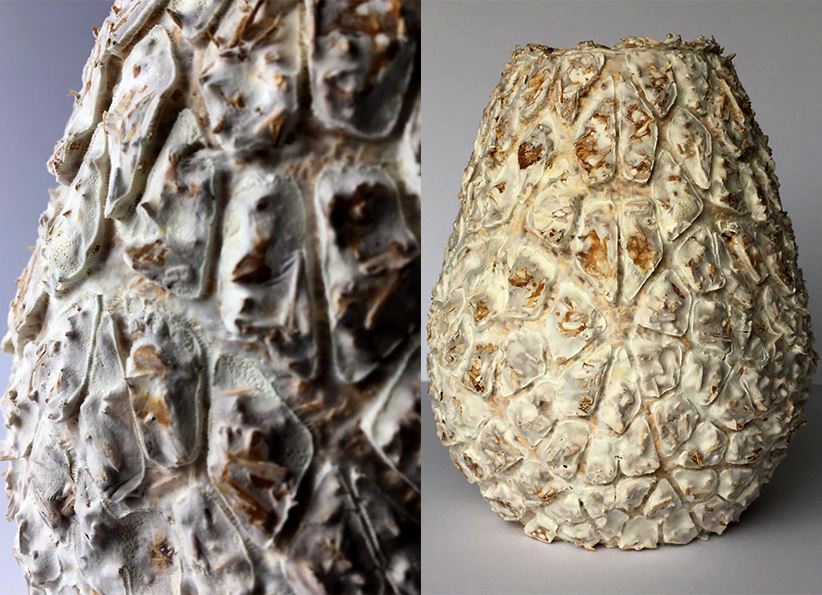
bioMATTERS Series 001 | Credit Agmented Architectures 2019
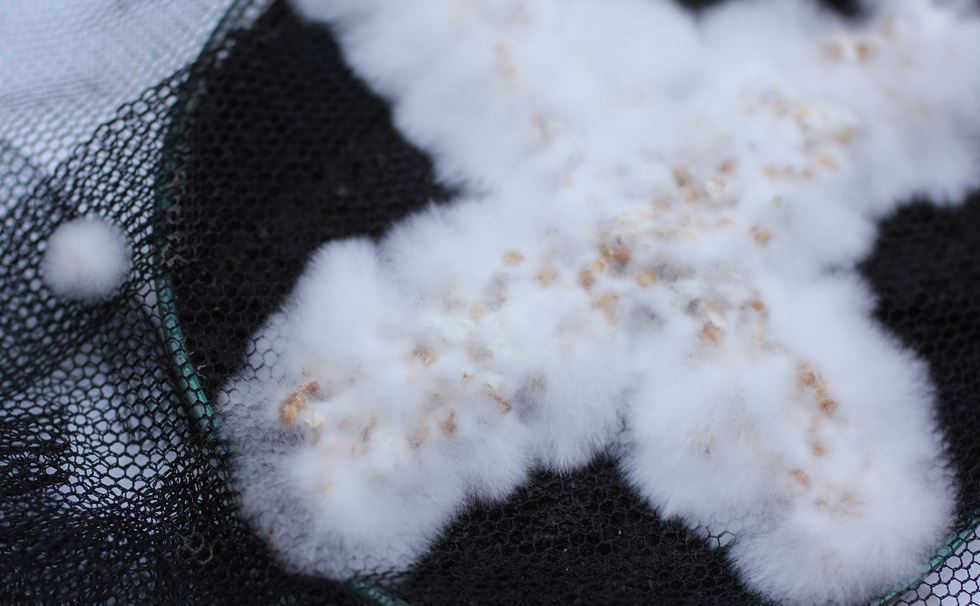
Carole Collet - Mycelium Textiles 2019 - slow-grown embroidery | Credit ©IMMATTERS
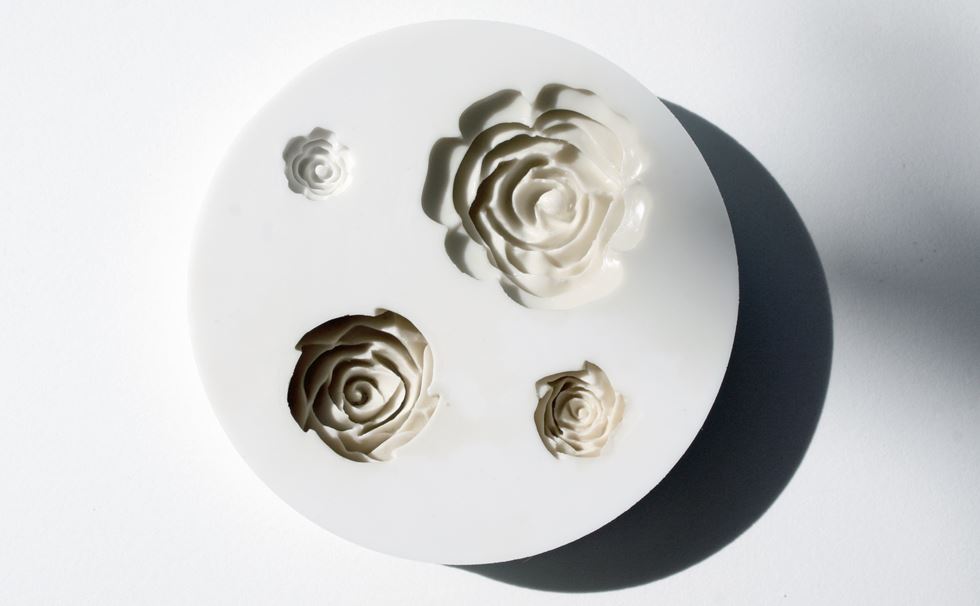
Carole Collet - self patterning rubber mycelium
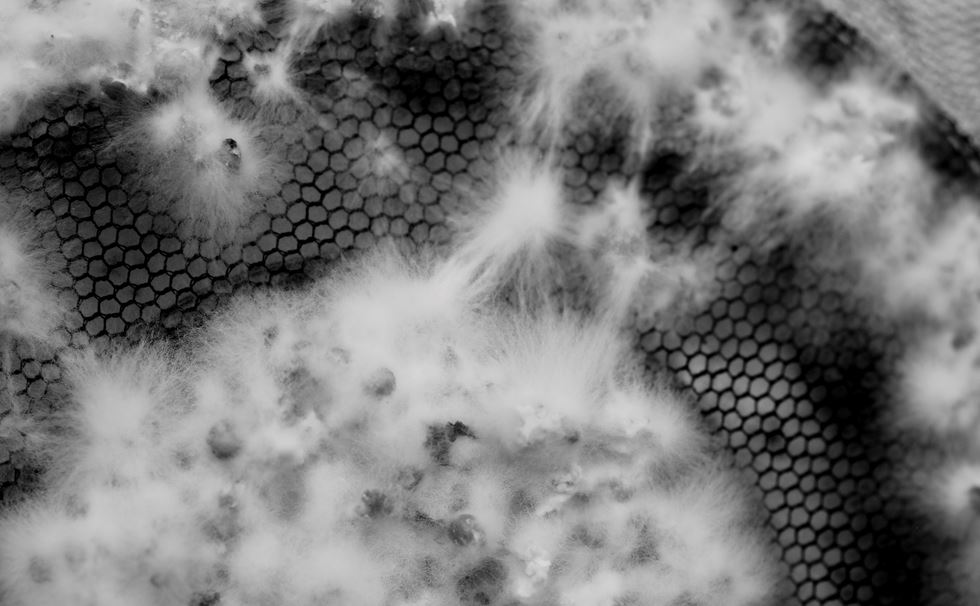
Carole Collet - slow grown embroidery effect 1 | Credit ©IMMATTERS
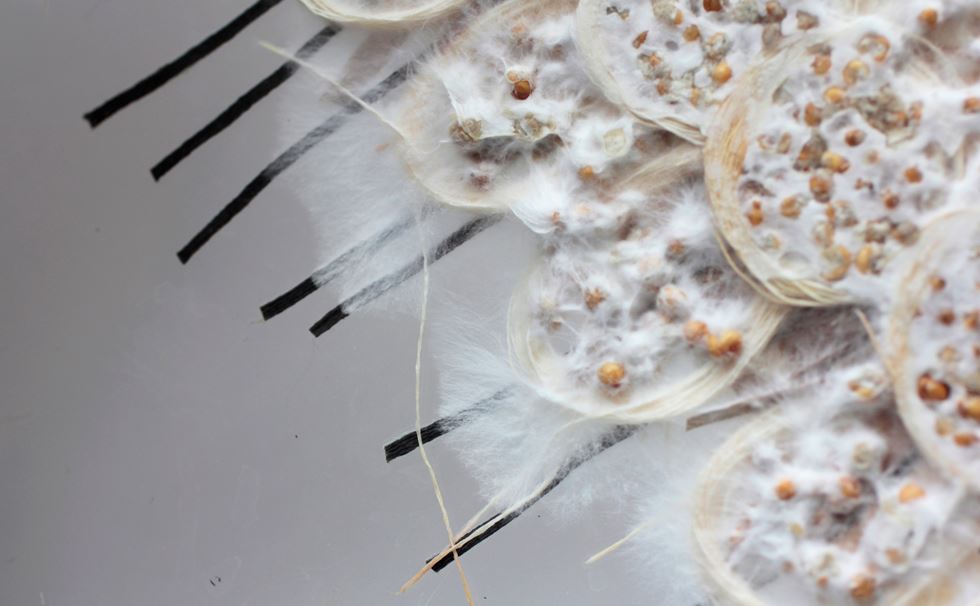
Carole Collet—Mycelium Textiles Lace Assembly Trimmings | Credit ©IMMATTERS
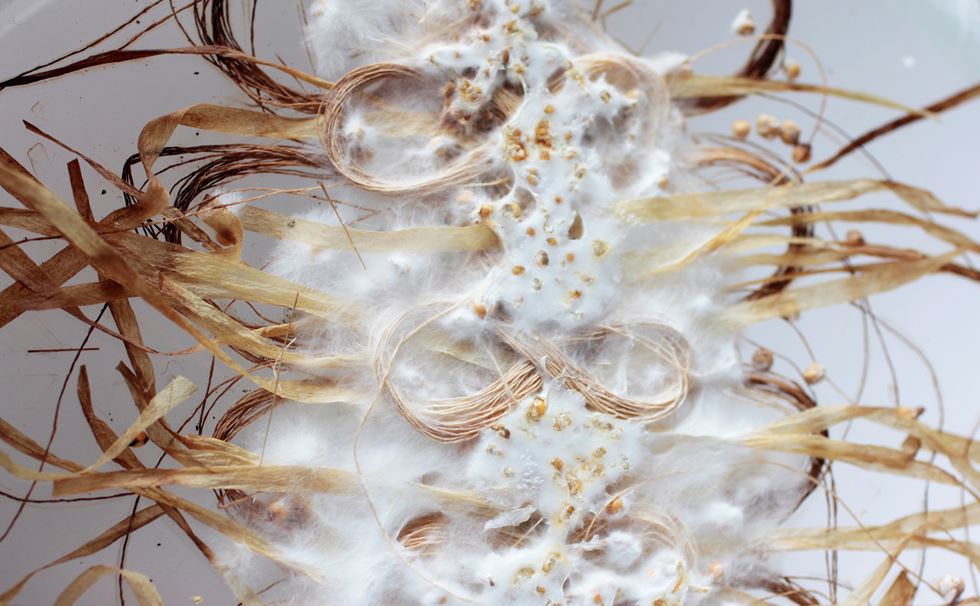
Carole Collet—Mycelium Textiles Lace Assembly Trimmings | Credit ©IMMATTERS
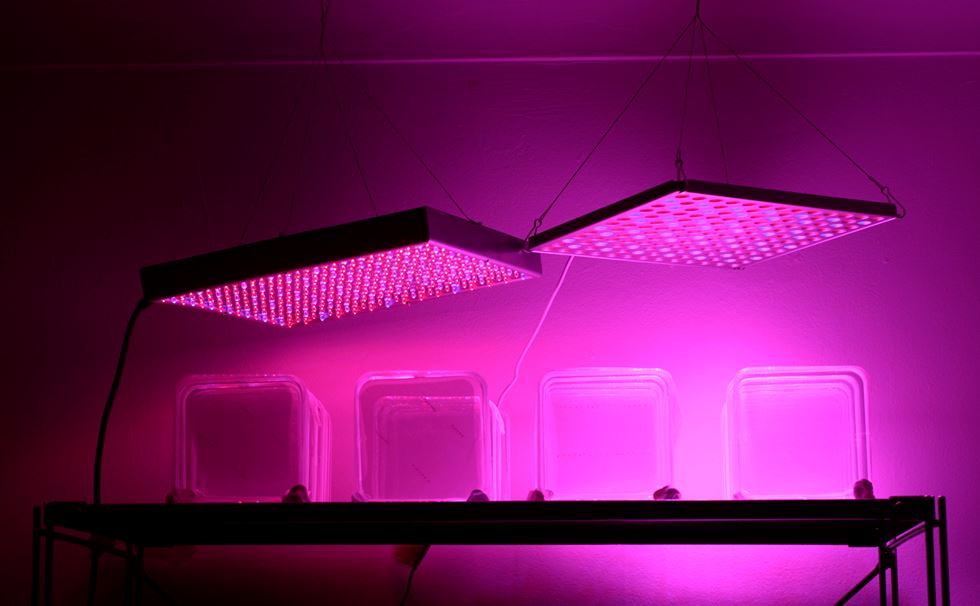
Geotropic textiles set up | Credit ©IMMATTERS
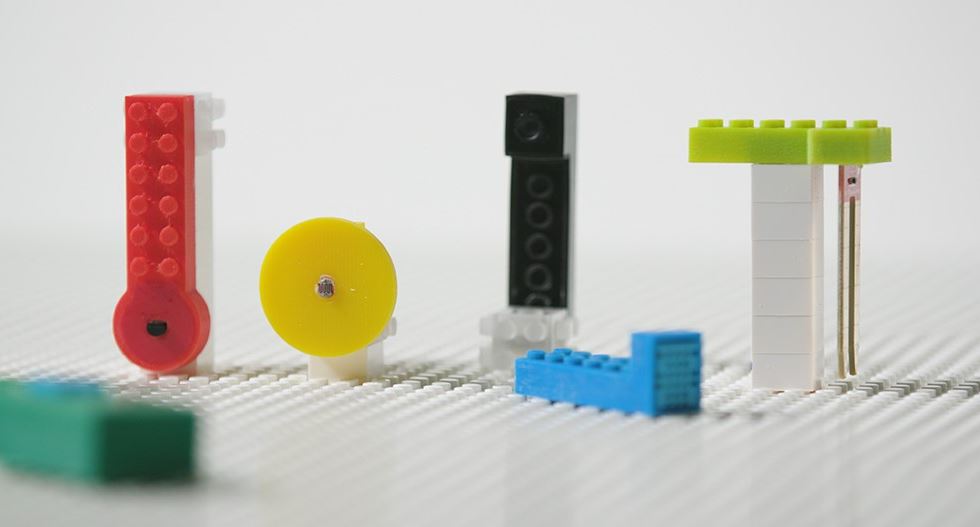
Helene Steiner

Helene Steiner
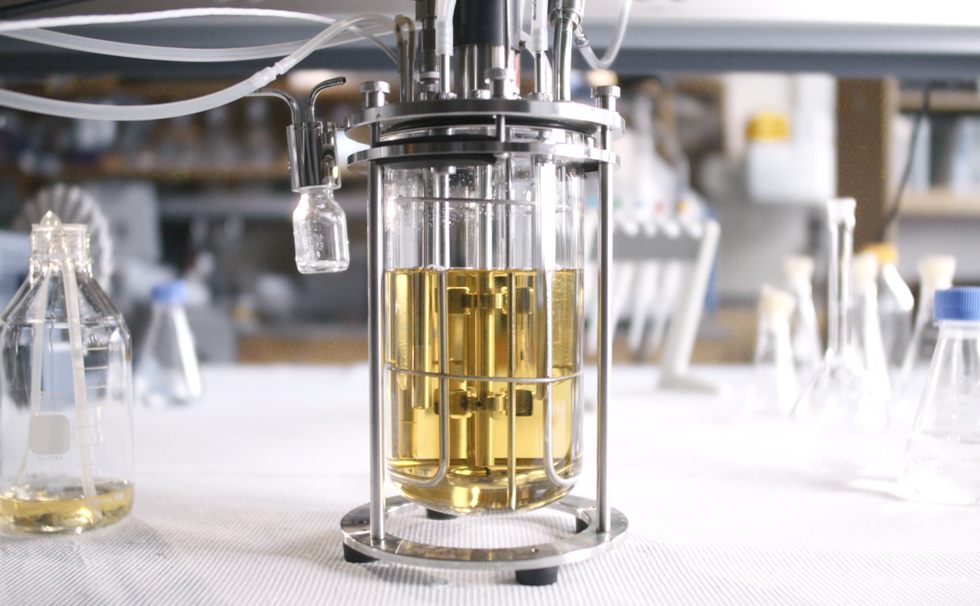
Helene Steiner
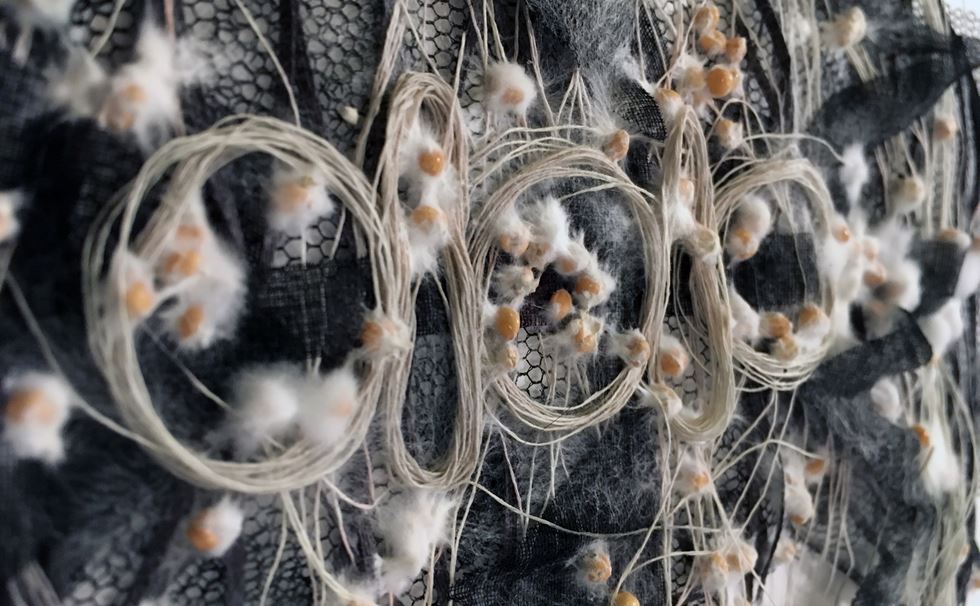
Carole Collet - mycelium textiles
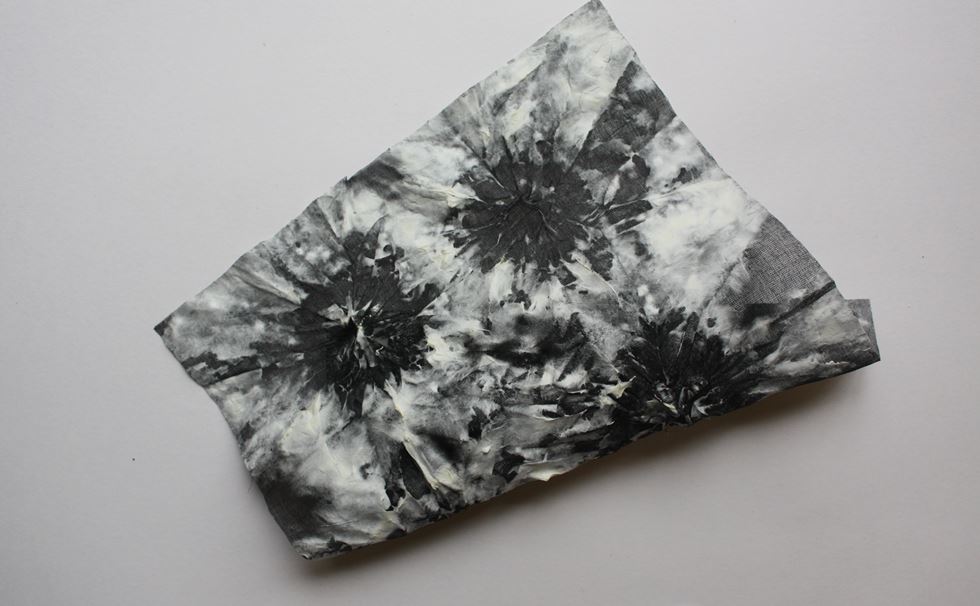
Carole Collet - tie-grow - part of the mycelium textiles series
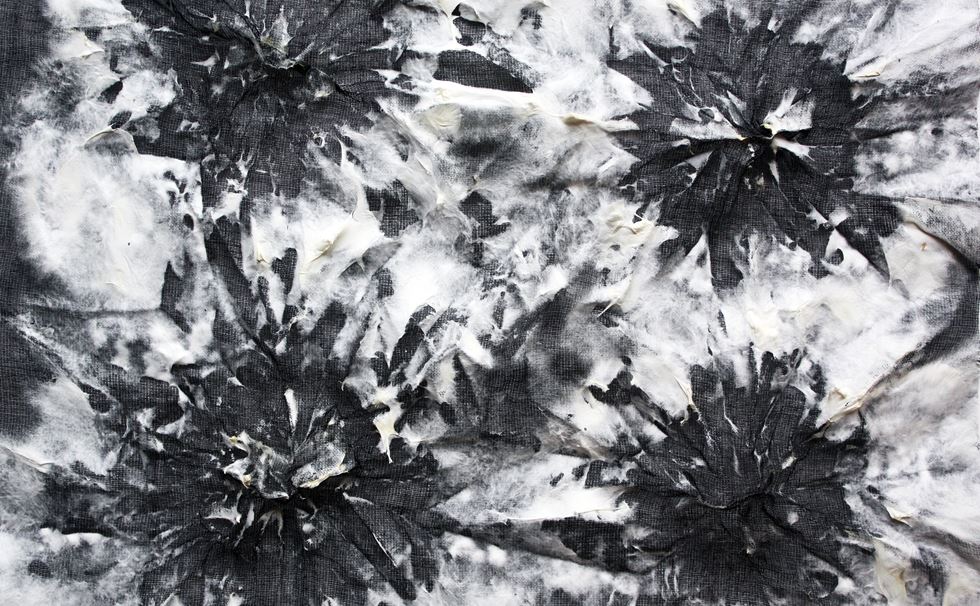
Carole Collet - tie-grow - part of the mycelium textiles series
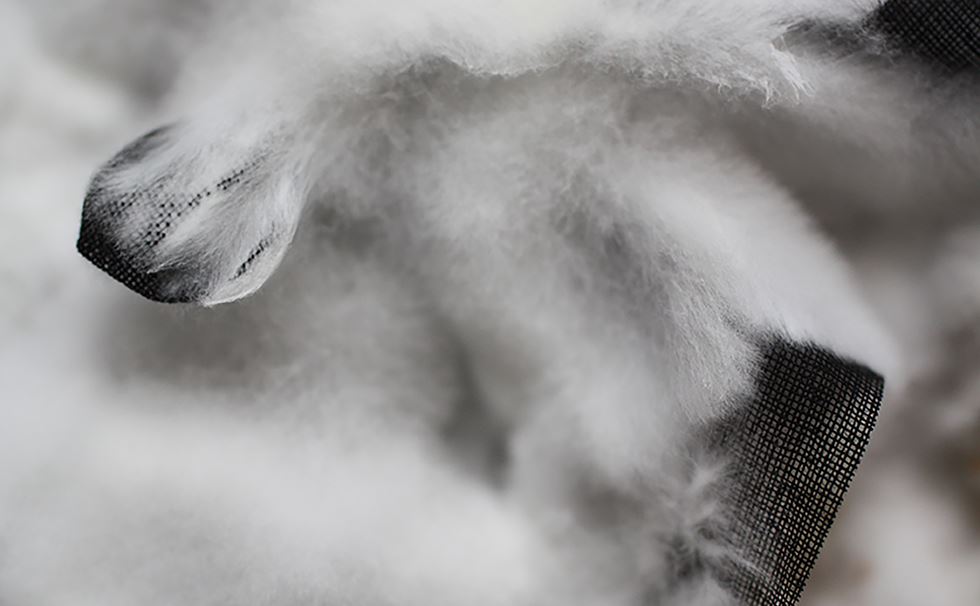
Carole Collet - tie-grow - part of the mycelium textiles series
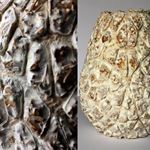
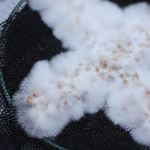
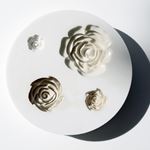
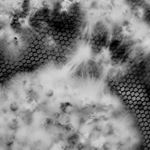
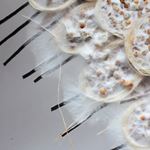
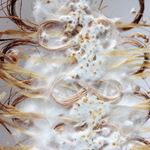
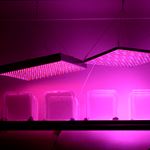
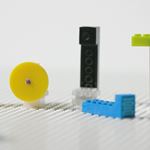

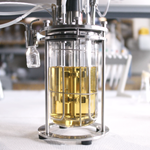
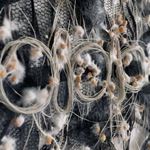
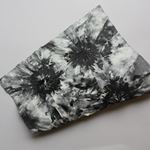
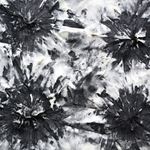
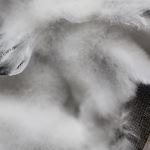
Speakers
Dr Brenda Parker
Dr Brenda Parker is a Lecturer in Sustainable Bioprocess Design at the Department of Biochemical Engineering, UCL and Co-Director of Bio-Integrated Design / Bio-ID. Her doctoral work is in directed enzyme evolution for green chemistry and her postdoctoral studies led her to working on microalgal biorefineries.
Prof Marcos Cruz
Prof Marcos Cruz is an Architect and Professor of Innovative Environments at The Bartlett and Co-Director of Bio-ID. His current research investigates design that is driven by advances in materials, bio-technology and computation, fields that are radically reshaping the practice of architecture.
Prof Carole Collet
Prof Carole Collet has dedicated her career to developing a new vision for sustainable design and pioneered the discipline of Textile Futures in 2000. She is the CSM LVMH Director of Sustainable Innovation at Central Saint Martins UAL, as well as Director of the Design & Living Systems Lab, a programme exploring the interface of the biological sciences and design.
Helene Steiner
Helene Steiner is a designer and engineer who works at the interface between technology and science. She co-founded Open Cell with the mission to provide affordable lab space to early stage startups innovating at the intersection of design and biology.
Natsai Audrey Chieza
Natsai Audrey Chieza is a designer, change-maker, and TED speaker working at the intersection of creative and biotechnology industries. She is Founder and Director of Faber Futures, a London-based biodesign lab that is catalysing the alignment of DNA-scale engineering with the methods and principles of critical design thinking for the circular economy.
Nina Jotanovic
Nina Jotanovic is an architect undertaking a PhD research at The Bartlett School of Architecture and The Centre for Nature Inspired Engineering at UCL. Her research is focused on directing the growth of thin, but microscopically three-dimensional, lustrous materials of biogenic origin. She is currently a design tutor at the Bio-Integrated Design programme - Bio-ID.
Martyn Dade-Robertson
Martyn Dade-Robertson is the Professor or Emergent Technology and Co-Director of the Hub for Biotechnology in the Built Environment. Martyn holds degrees in Architecture and Computing from Cambridge University and BA in Architectural Design and MSc in Synthetic Biology from Newcastle University. Martyn is the editor of a new book series on Bio Design with Routledge. His book, the first in the series, Biological Construction will be published early 2020.
Elvin Karana
Elvin Karana explores the productive shifts and creative tensions between materials science and artistic practice in her material-driven design work. She leads the “Material Incubator,” a creative research lab that aims at designing materials that incorporate living organisms and exploring their potential in fostering an alternative notion of the everyday.
Marcus Walker
Marcus Walker is a member of the Tom Ellis Lab at Imperial College London, a team of scientists working across engineering and biology to advance synthetic genomics and synthetic biology He is currently completing a PHD in Synthetic Biology Bio-Engineering at Imperial College.
Nancy Diniz
Nancy Diniz is an architect, and Course Leader MA Biodesign at Central Saint Martins, UAL. She is also partner of Augmented Architectures based in New York. In her practice she develops emergent sustainable materials with a focus on biomaterials and computational design within a matrix of data collection and environmental performance criteria.
Thomas Meany
Thomas Meany is co-founder/director at OpenCell.bio. Previously a Wellcome Trust Fellow in Biotechnology at Cambridge University. He developed quantum technologies during Marie Curie Fellowship in Toshiba's Cambridge Research Lab. His PhD was in laser-written quantum-circuits in the Ultrahigh bandwidth Centre, Australia.
Justin McGuirk
Justin McGuirk is the chief curator at the Design Museum. He has been the head of Design Curating and Writing at the Design Academy Eindhoven, director of Strelka Press, the design critic of The Guardian, and the editor of Icon magazine. He is the author of Radical Cities, published by Verso.
Related exhibition
Background image | Project: Terroir. Natsai Audrey Chieza, Faber Futures, 2019. © Natsai Audrey Chieza, Faber Futures.